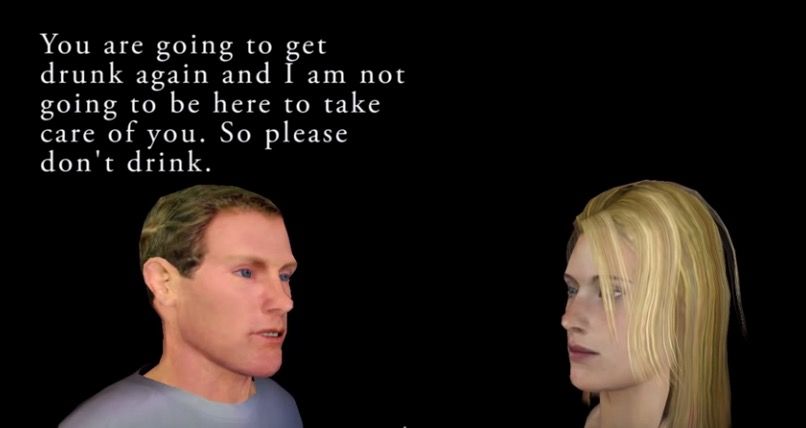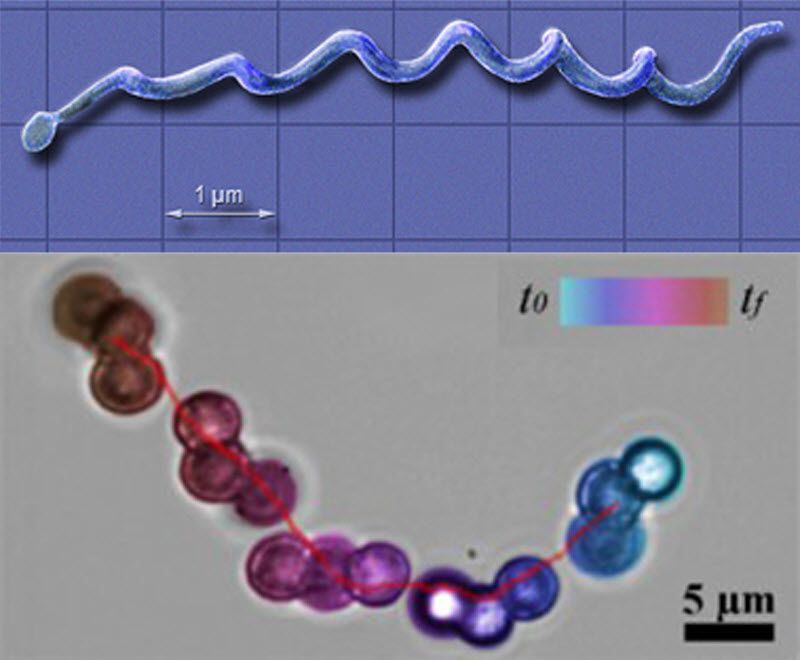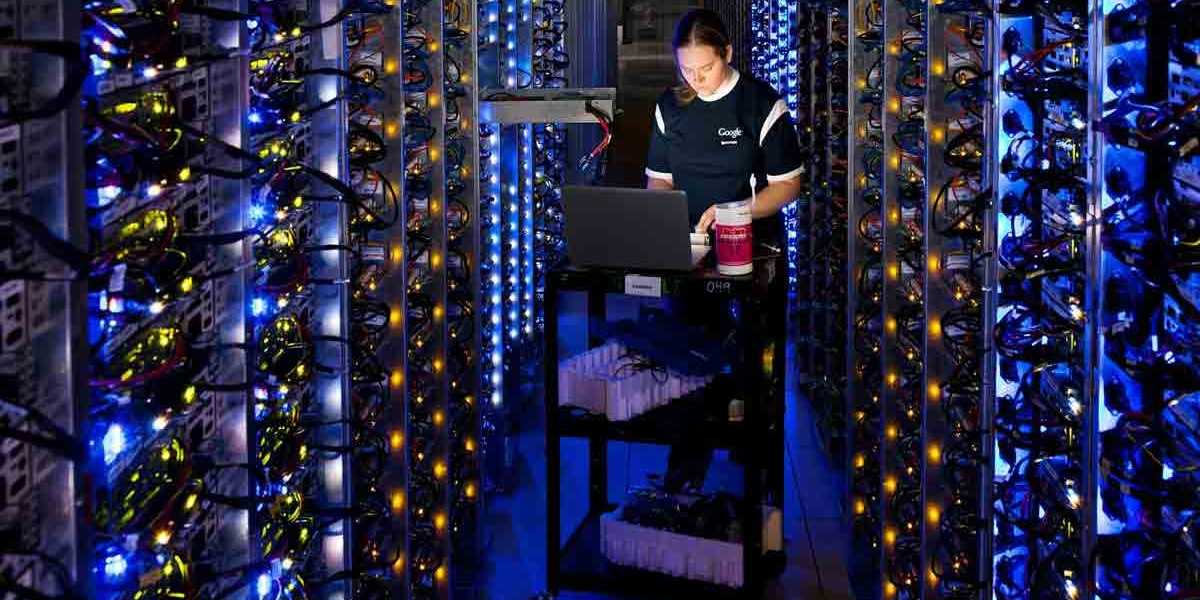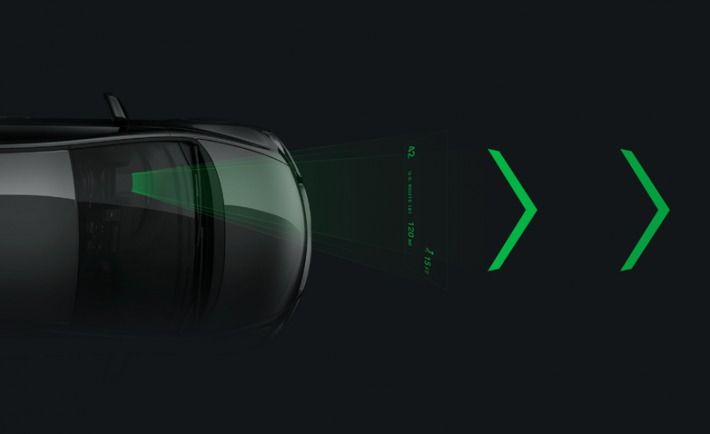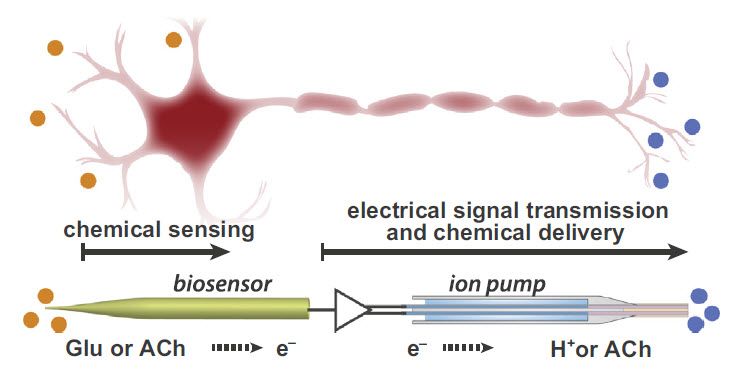Jul 1, 2015
Why Send Humans to Space When We Can Send Robots? — Daniel Oberhaus | Motherboard
Posted by Seb in categories: robotics/AI, space, space travel
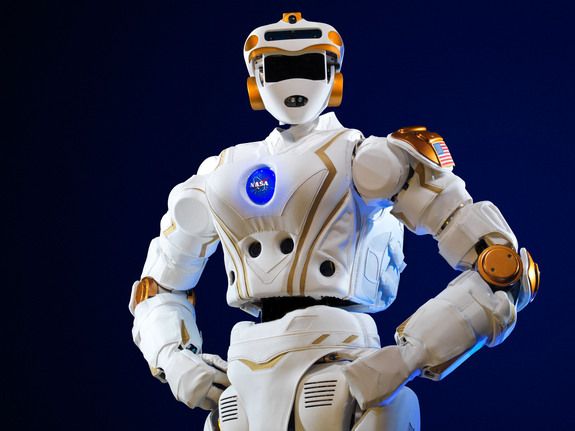
“The first marketable, personal computers in the late 70s came about after almost 40 years of research and development, which created the technology at public expense. One of the peculiarities, if you’d like, of our system of innovation and development is that it’s radically anti-capitalist in many ways…People who paid taxes in the 50s and 60s may not have known it, but they were creating what was ultimately marketed by Apple. But they don’t get any of the profit. I think that’s a social pathology and the same carries over into space.” Read more
